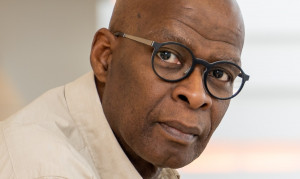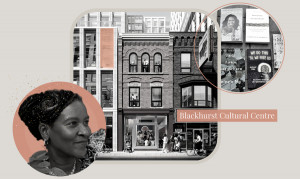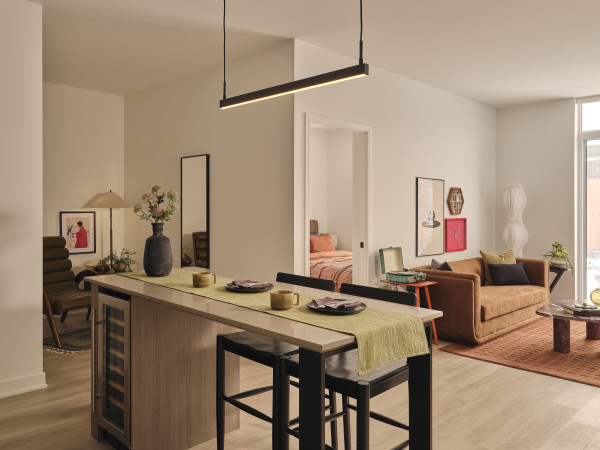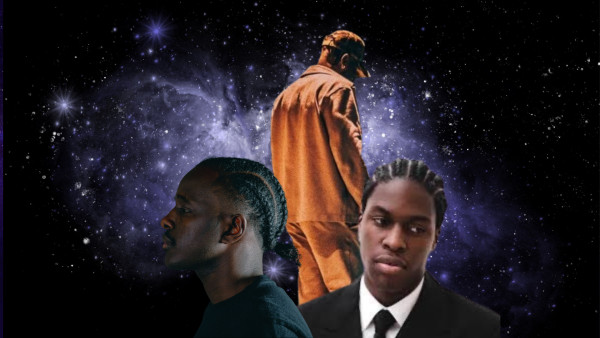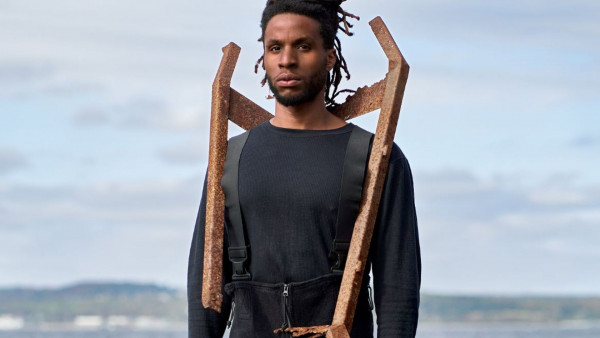This conversation served as a defining moment for Williams to start documenting Black information, stories, and narratives in Canada.
Williams has been at the forefront of changing the narrative and making more people aware of Black history across the country. She has dedicated over 40 years of her life to documenting, archiving, and telling the stories of African Canadians dating as far back as the 16th century. Her work is the first spotlight of Afromusée, Quebec's first Afro museum.
Afromusée launched on February 24, 2022, in Montreal to highlight the past and present stories of the African presence in Canada. Housed at Espace Mushagalusa, a gallery and cultural centre in Montreal, Afromusée’s mission is to make the African Canadian experience more accessible to the general public.
The idea of Afromusée comes from the same lessons that birthed Espace Mushagalusa.
“The more you understand your history, the prouder you get. It's also the best way to build a better society because you are more aware of your culture, and you’re open to understanding and appreciating other cultures,” says Mushagalusa Chigoho, the founder of Espace Mushagalusa.
He admits that the African Canadian experience has been underrepresented and not integrated into the country's whole identity.
“Black people have built this country for centuries. So, the African Canadian experience is part of the Canadian identity, and everybody must know that. Our history shouldn't be relegated to after-school programs. In addition, here in Quebec, the information about African Canadian culture is there, and people are open to learning. But the challenge is to make this information more accessible,” Chigoho argues.
Williams also notes that most people think Black history started in 1960, but her findings make it very clear that Black people have a massive footprint in the country dating back centuries.
“We tend to just know about the French and the British, but there are so many other aspects of history that deserve our attention. These include the Blacks, First Nations, and so many other groups in this country,” she says.
Williams believes that it is important to continue the conversation. “I've spent much time trying to get people to start the conversation. I think it's equally important for us to become more culturally literate and to create an environment where learning Black history becomes a part of who and what we are as a nation,” she says.
Afromusée presents stories, archives, artifacts, and traces of African descendants in Quebec and across Canada. Its first exhibition is called "L’Afrique Montréalaise" and will feature throughout 2022 until February 2023.
In its first exhibition, Afromusée features the work of Dorothy Williams and other historians, researchers, and archivists.
Chigoho explains why he chose to use Dorothy Williams as the first spotlight, “Dorothy has been working hard for the history of Black Canadians for 40 years. She's been largely alone in her efforts, but people are slowly becoming aware of her work. She’s also one of the creators of an educational tool, ABC's Canadian Black History Kit, for school teachers.”
The informative exhibit features different pieces of Williams' life and efforts to document Black Canadians.
“People have been dismissive about Black history. It's not in our textbooks. This exhibit provides an opportunity to celebrate and honour Black History. It's nice to have that conversation on a national scale and for Montreal to have its first Black museum,” says Williams as she underlines the importance of Afromusée. Adding, “Black people are and have always been a part of Canadian history. Their stories broaden the conversation and would be valuable for their children as they learn not just about British and French stories but also about all elements of Canadian history.”
According to Chigoho, Afromusée is also working on different projects related to these exhibits, including a workshop for children that would feature Dorothy’s work about events, personalities, or places of significance in Black Canadian history. The museum also has an upcoming project inspired by Nelson Mandela. At the time of writing, Afromusée is a physical space, but it will also offer a virtual space in the near future.
“We are seeking resources to build an online museum. Hopefully, in a few months, we will have an online museum. But we face technological and financial challenges,” explains Chigoho.
Afromusée also plans on becoming a travelling museum, and it is currently looking for partners to export the museum to other provinces.
“We want the museum to go to the community, not the community going to the museum. We have the experience and the tools to enable other organizations to bring the museum and its exhibits to their neighbourhood. Let’s work together,” says Chigoho.
Chigoho believes that Afromusée is just the start of an essential journey for Canada's identity. He invites everyone from the community who may be interested in the museum's work to educate themselves.
“I invite people to be more open about expanding knowledge about Black History. Visit our museum, visit our website. You can also help us identify the places, events, and people who played a pivotal role in history.”
The museum is open every day from 10:00 AM to 5:00 PM except Monday. Online registration is available on the museum’s website.
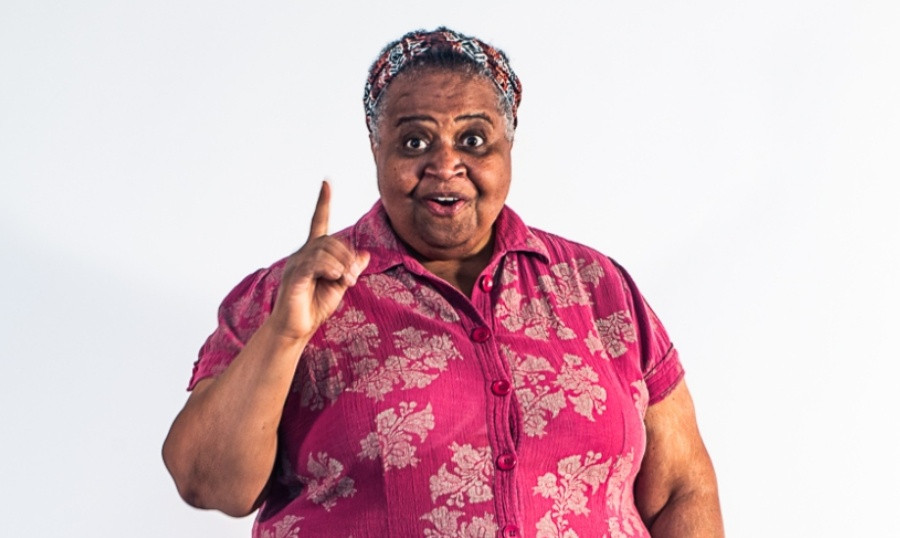
 By
By 

